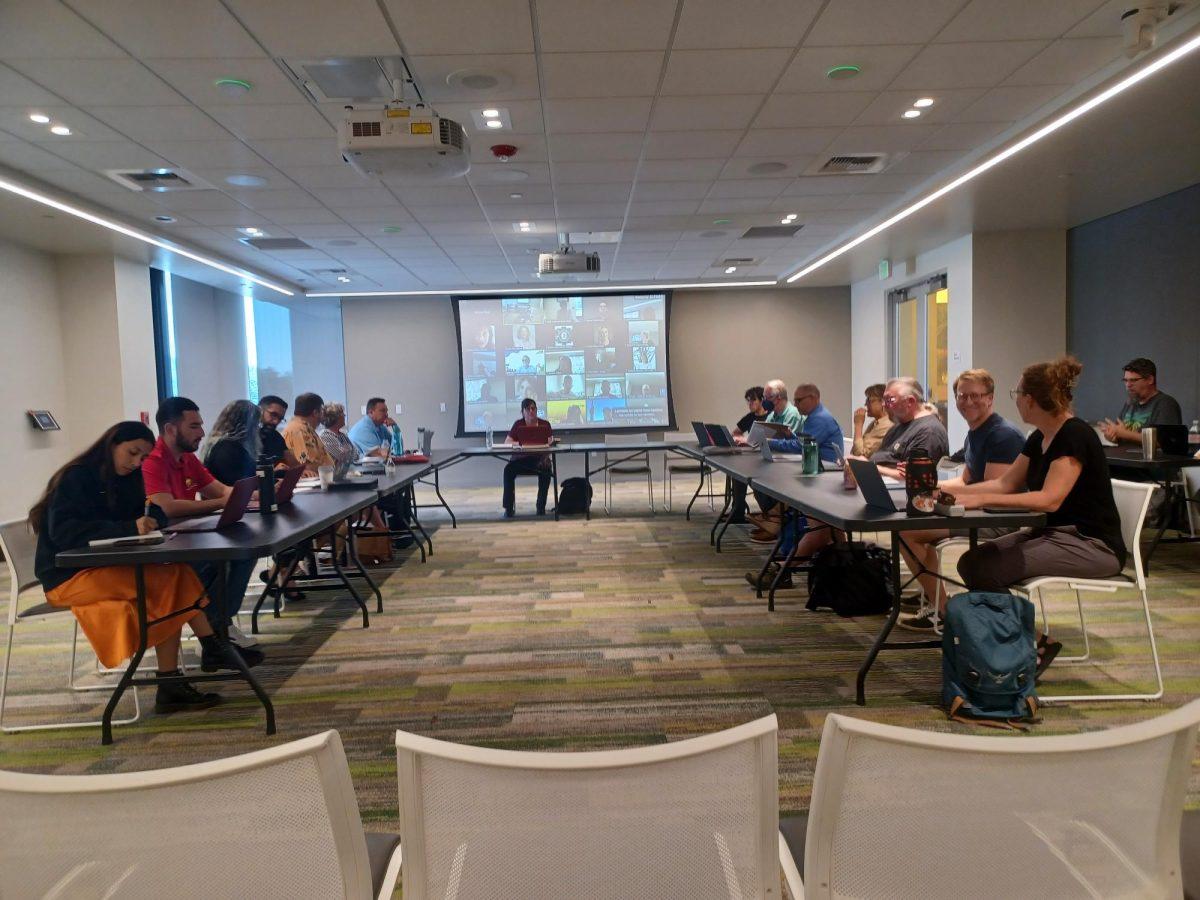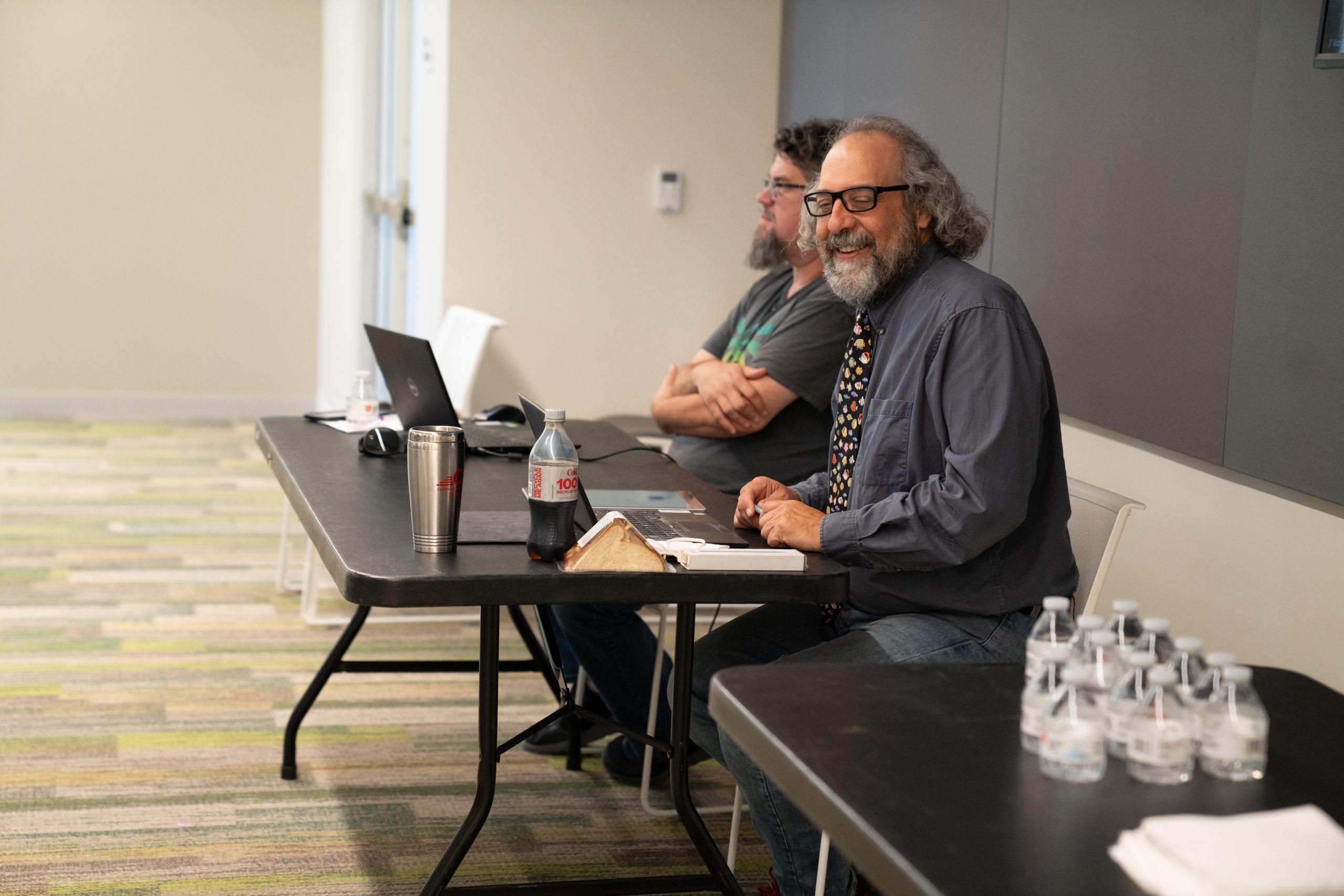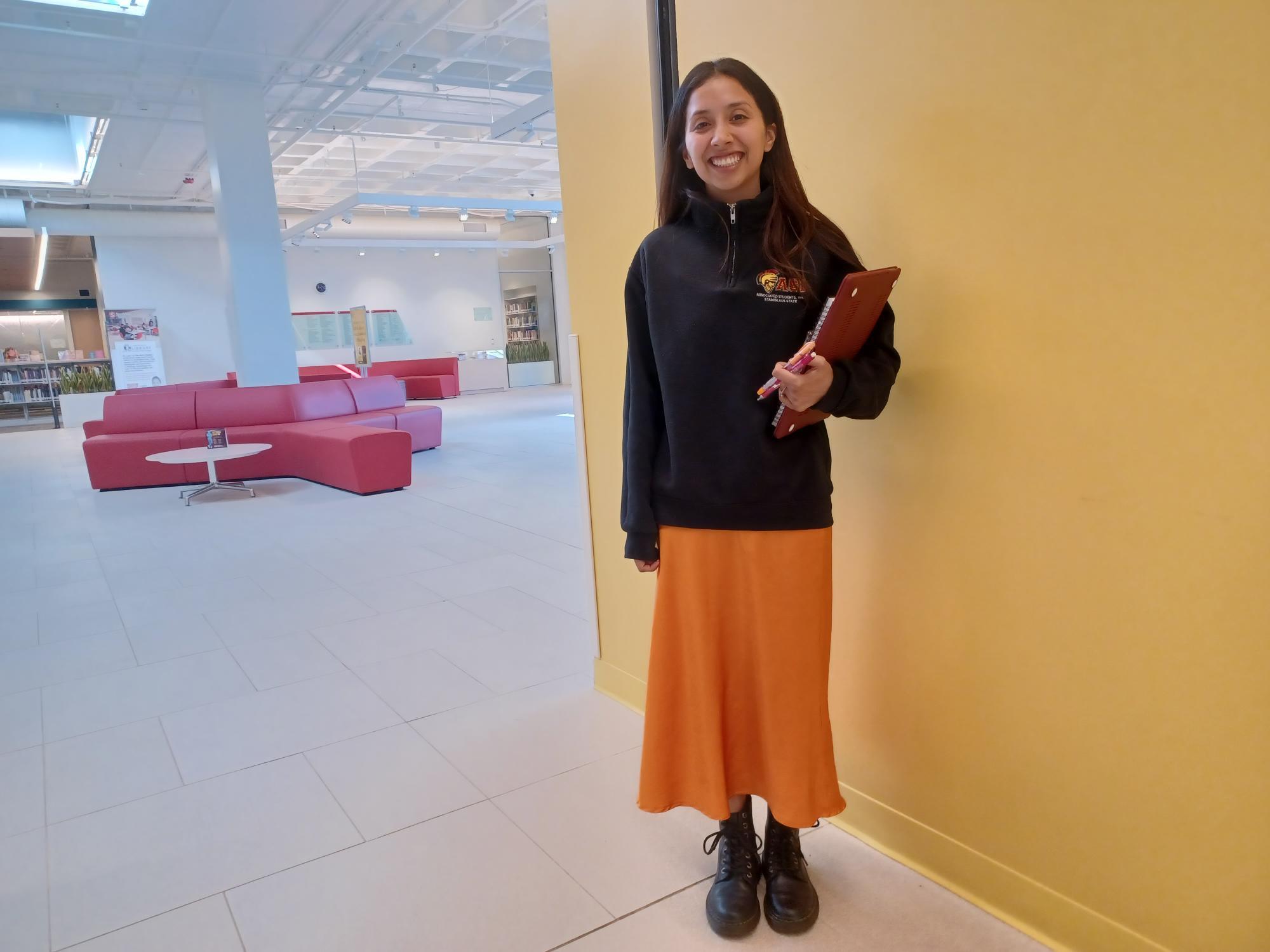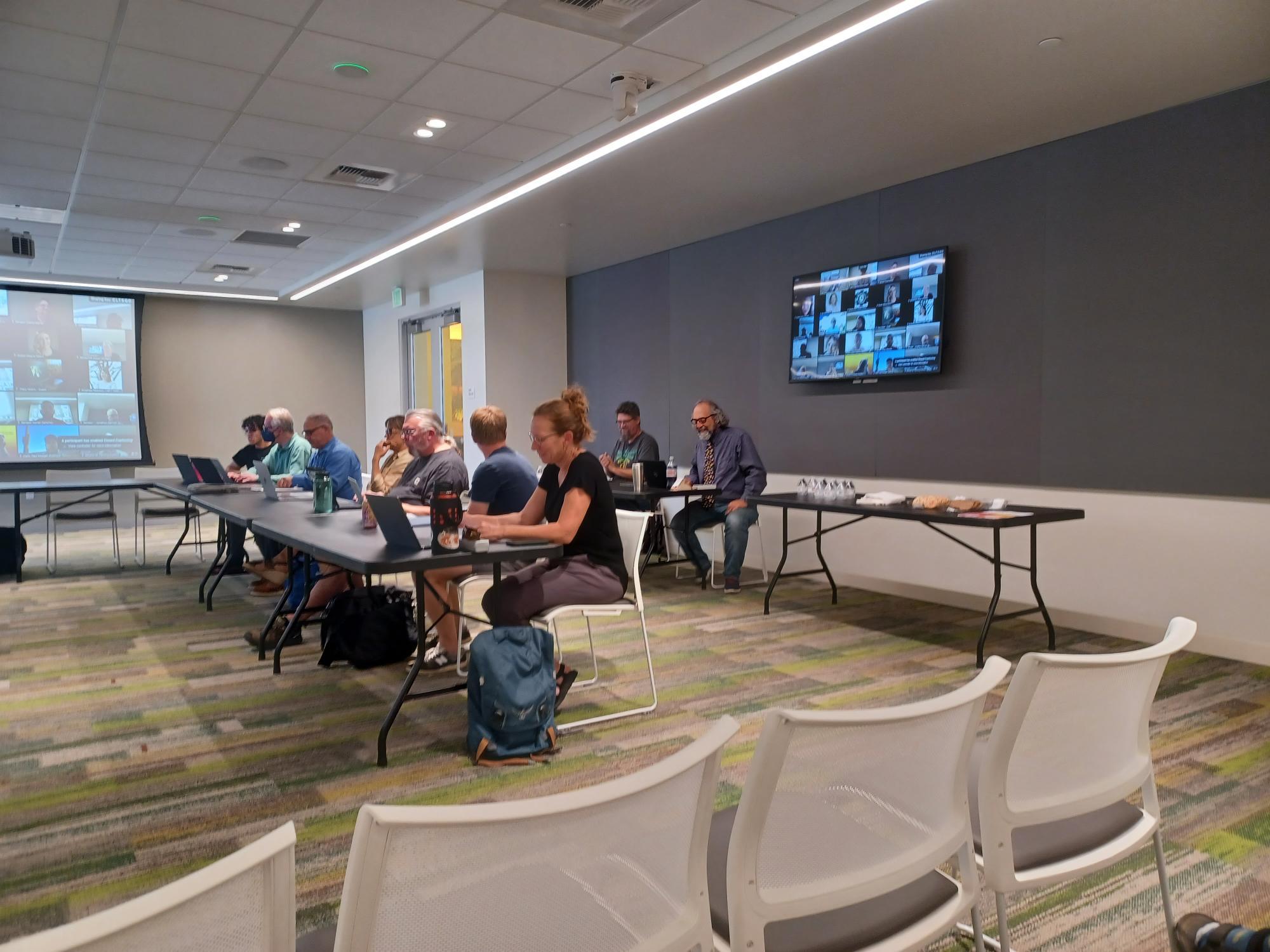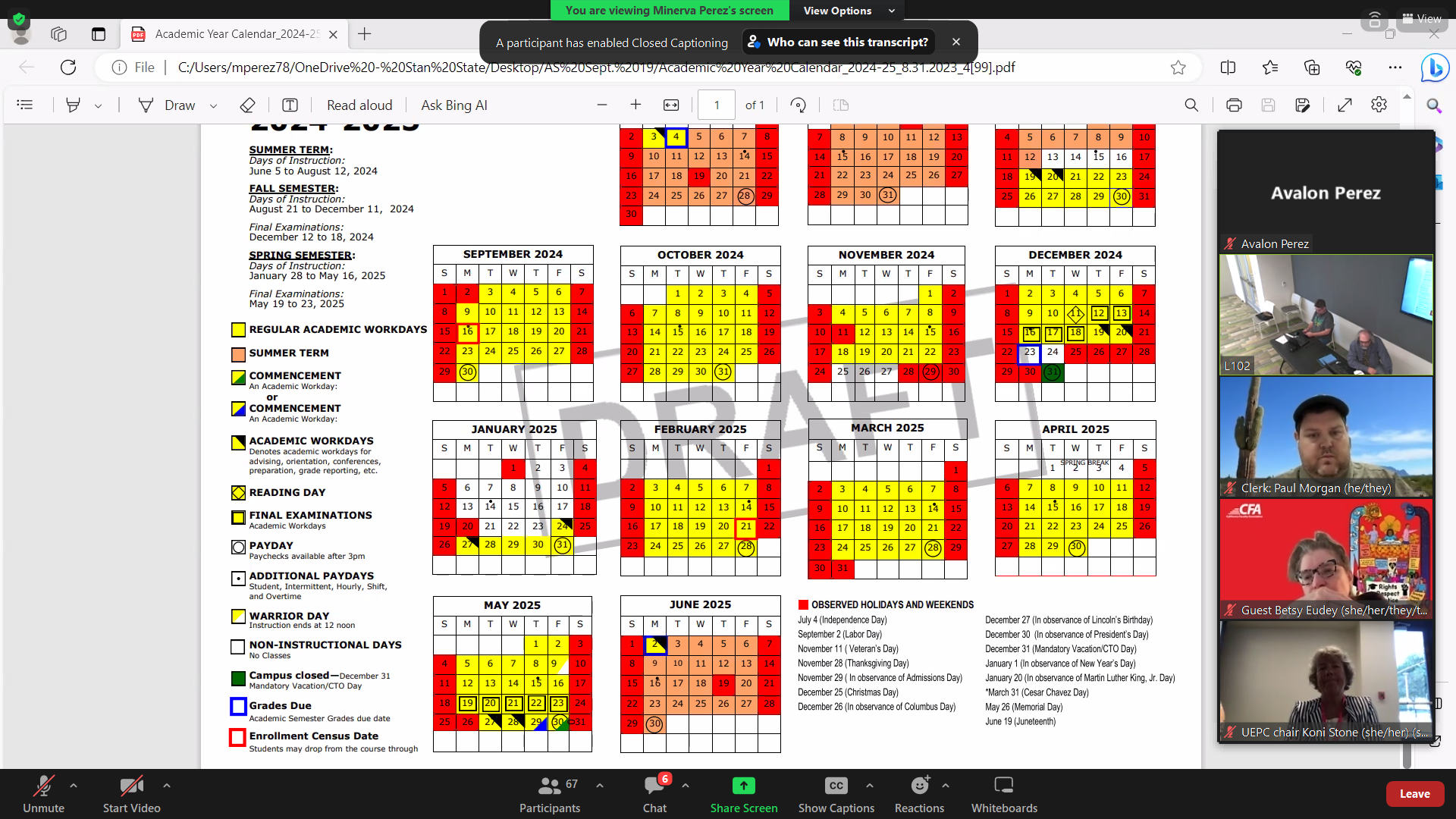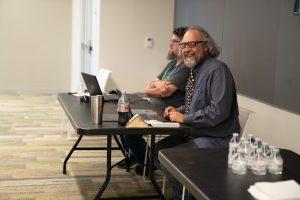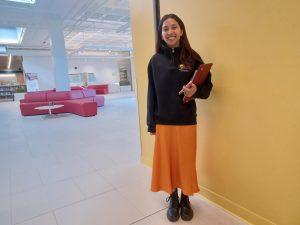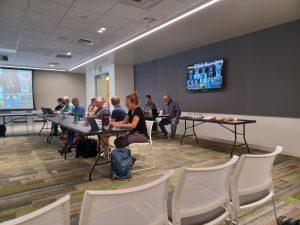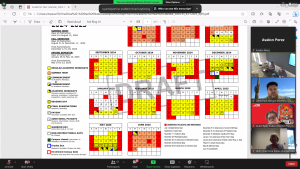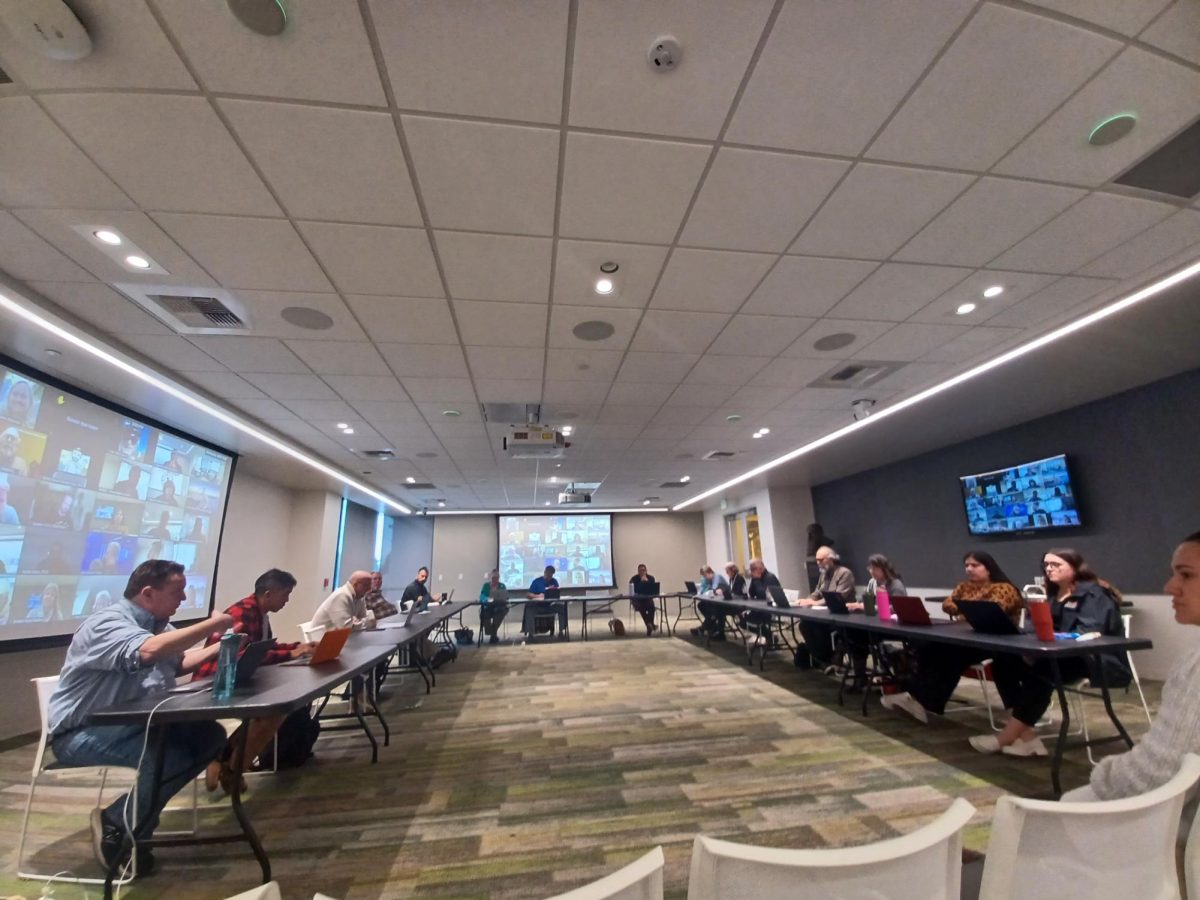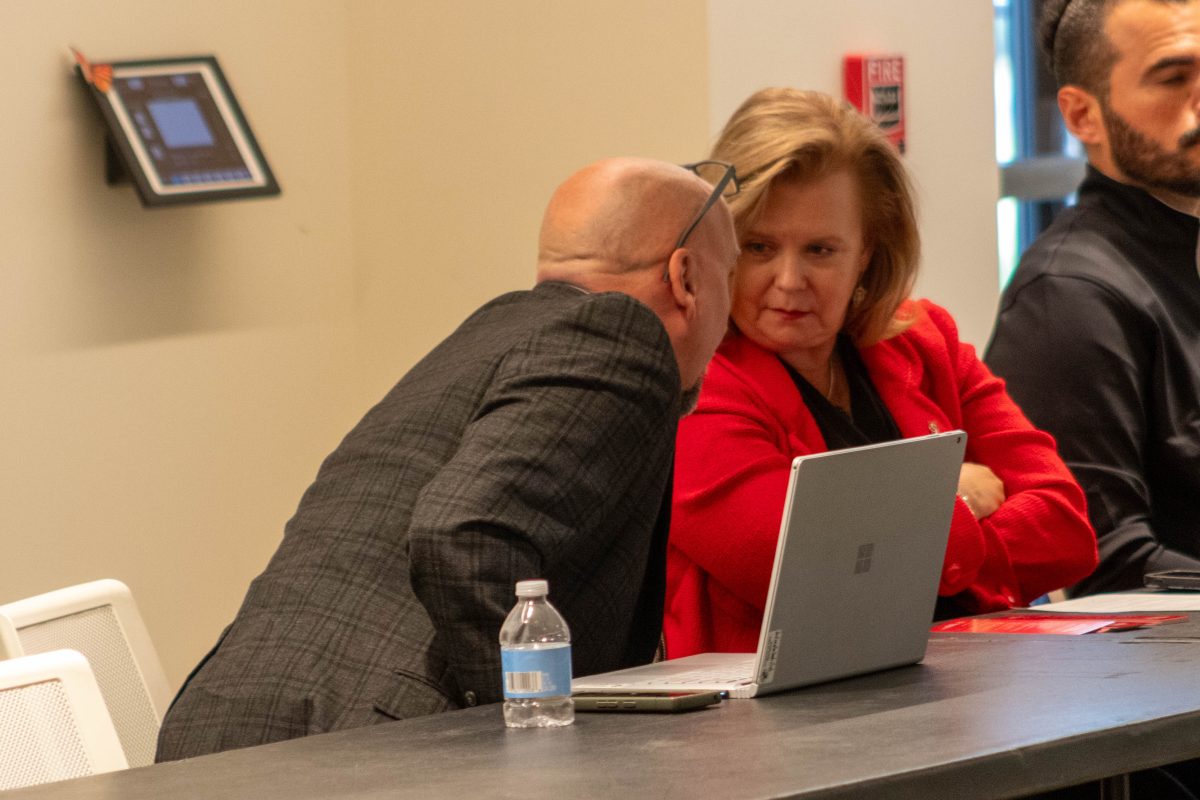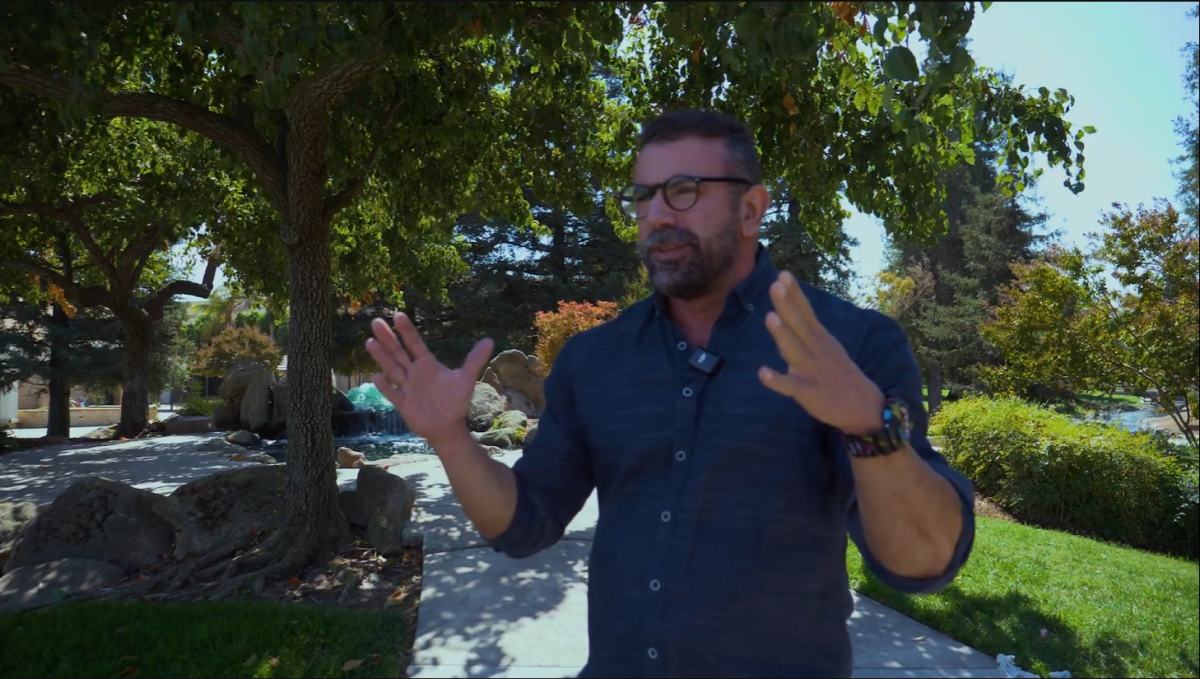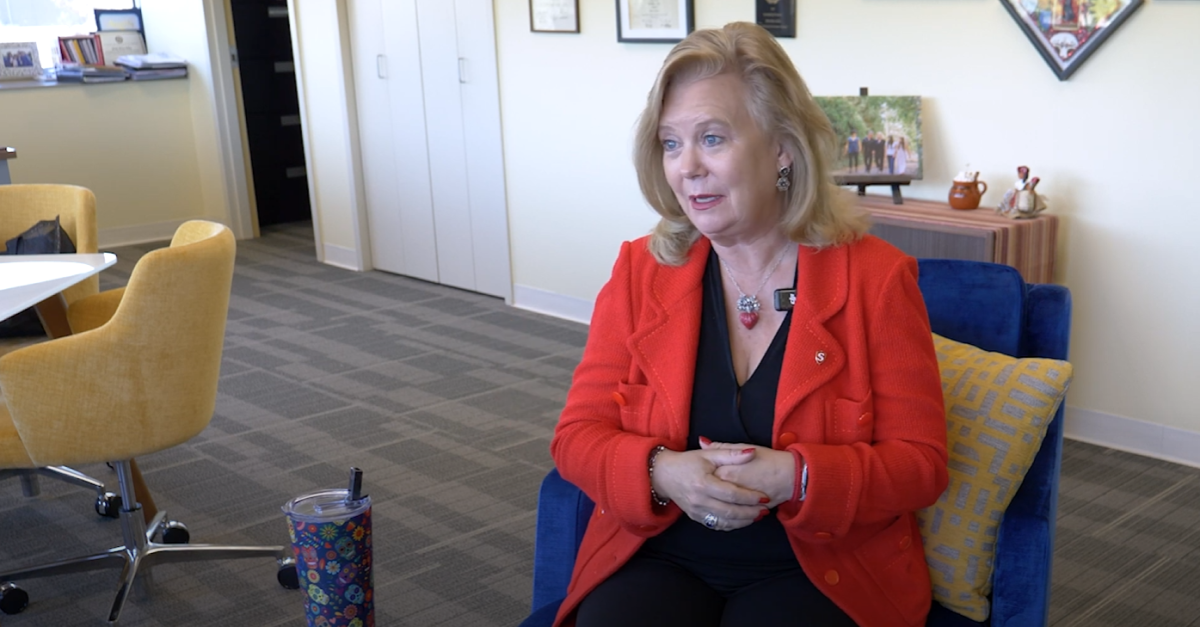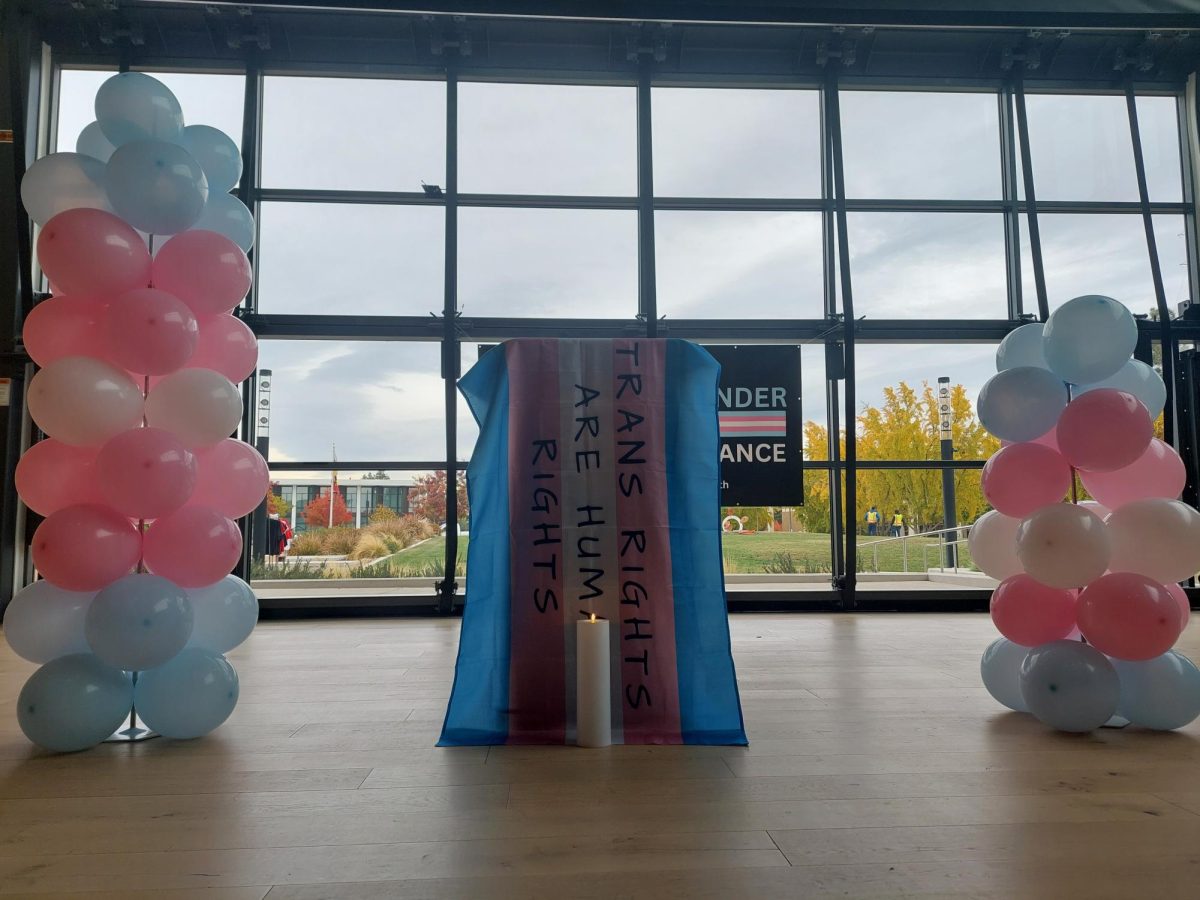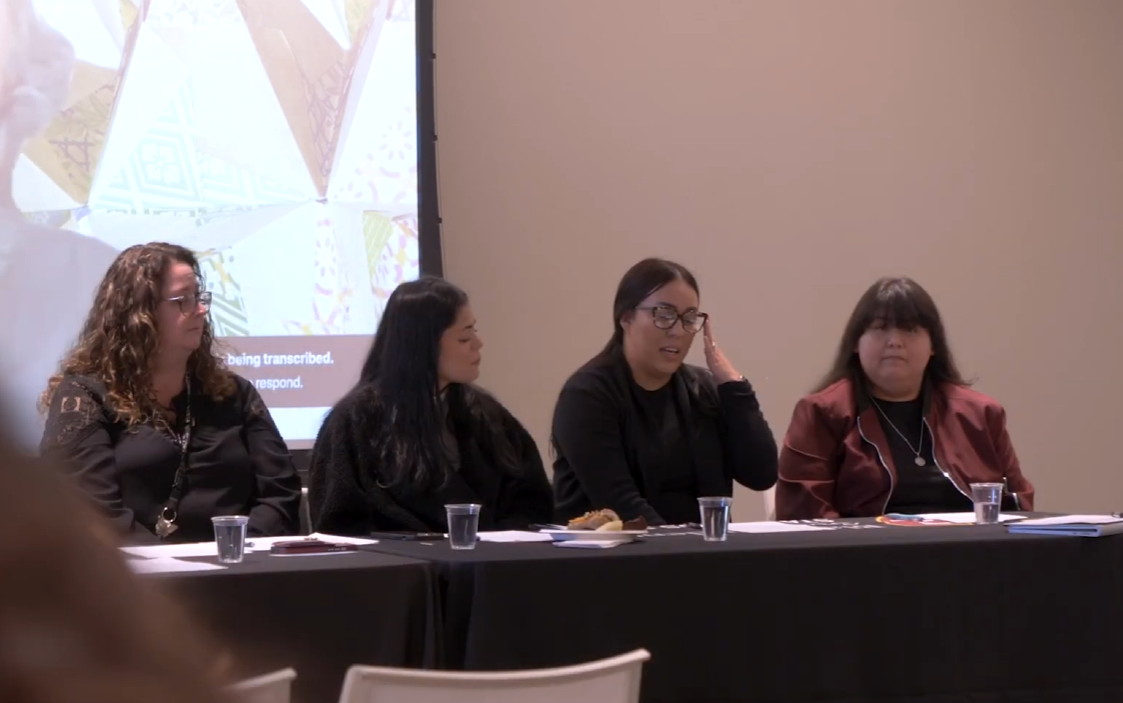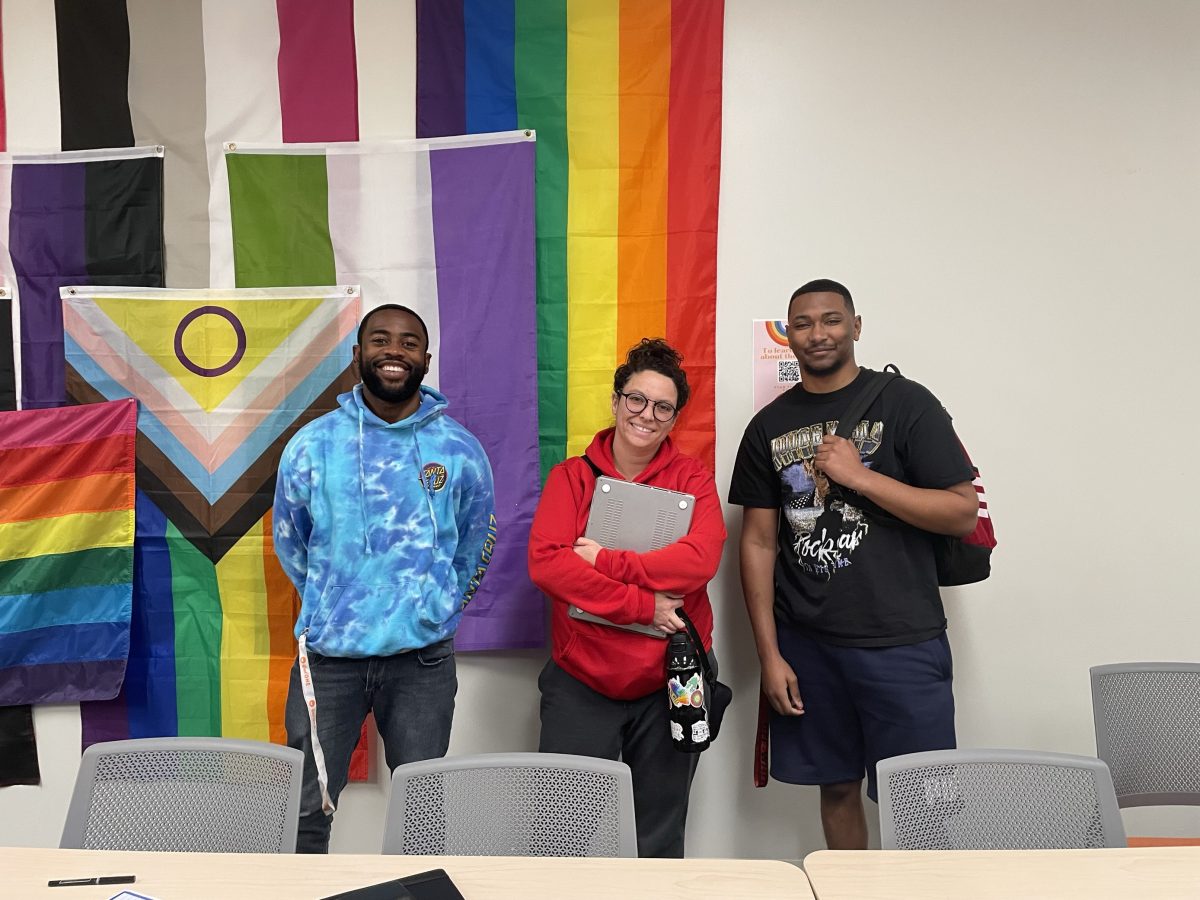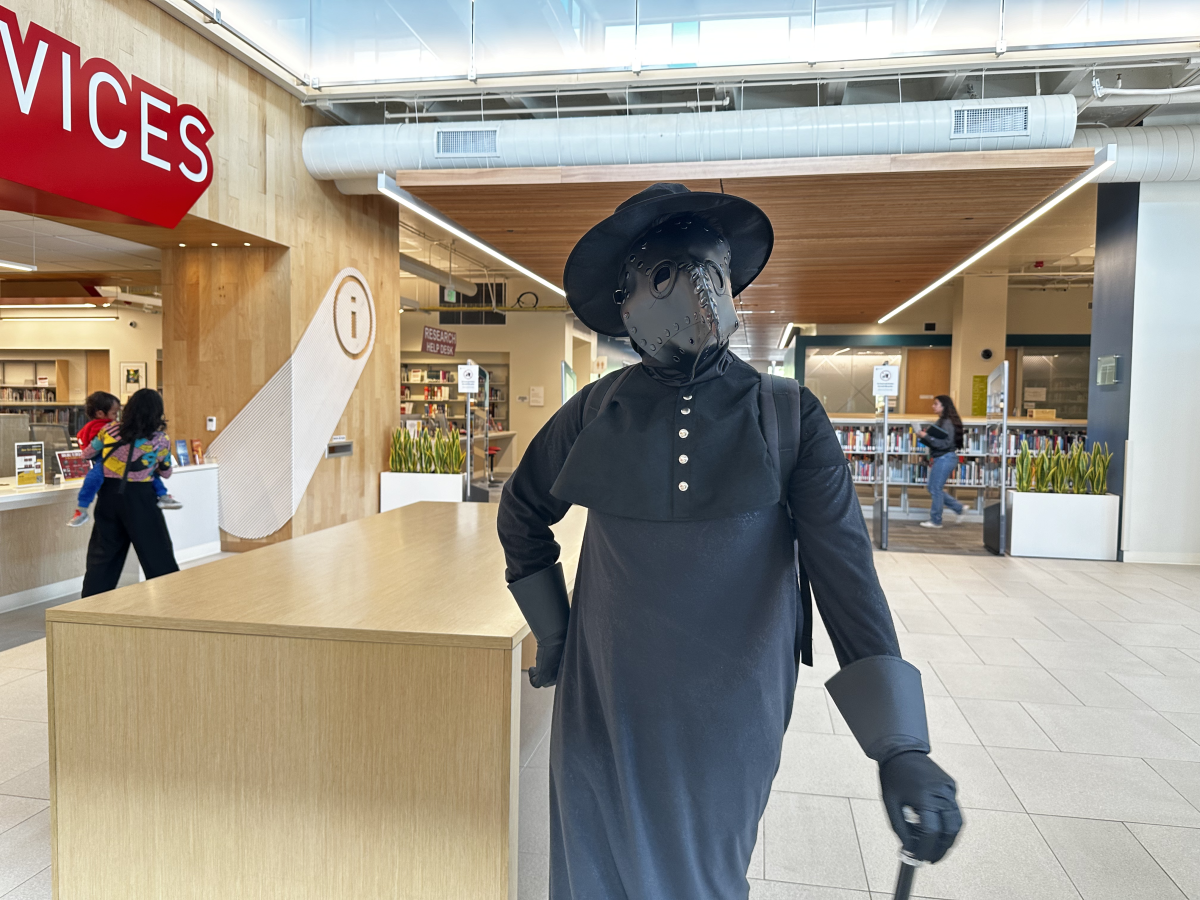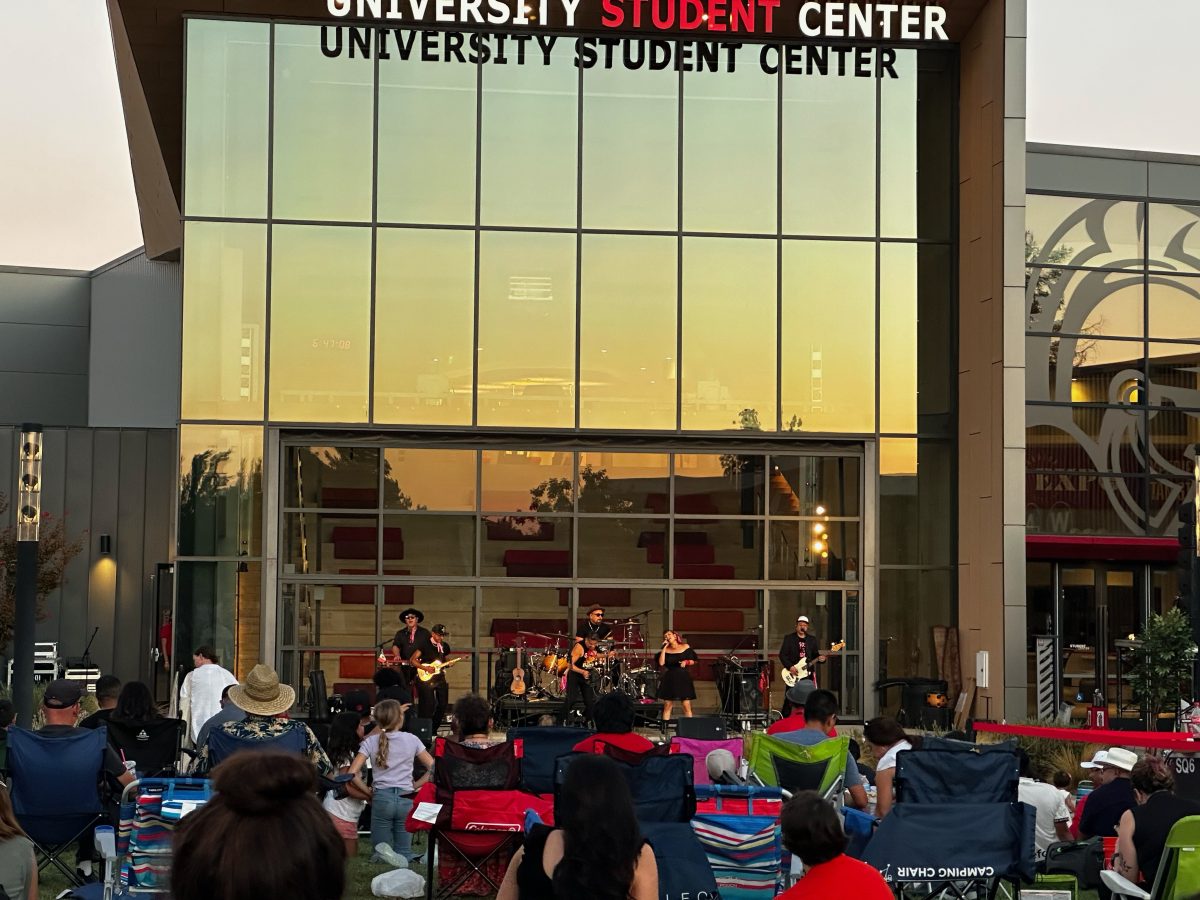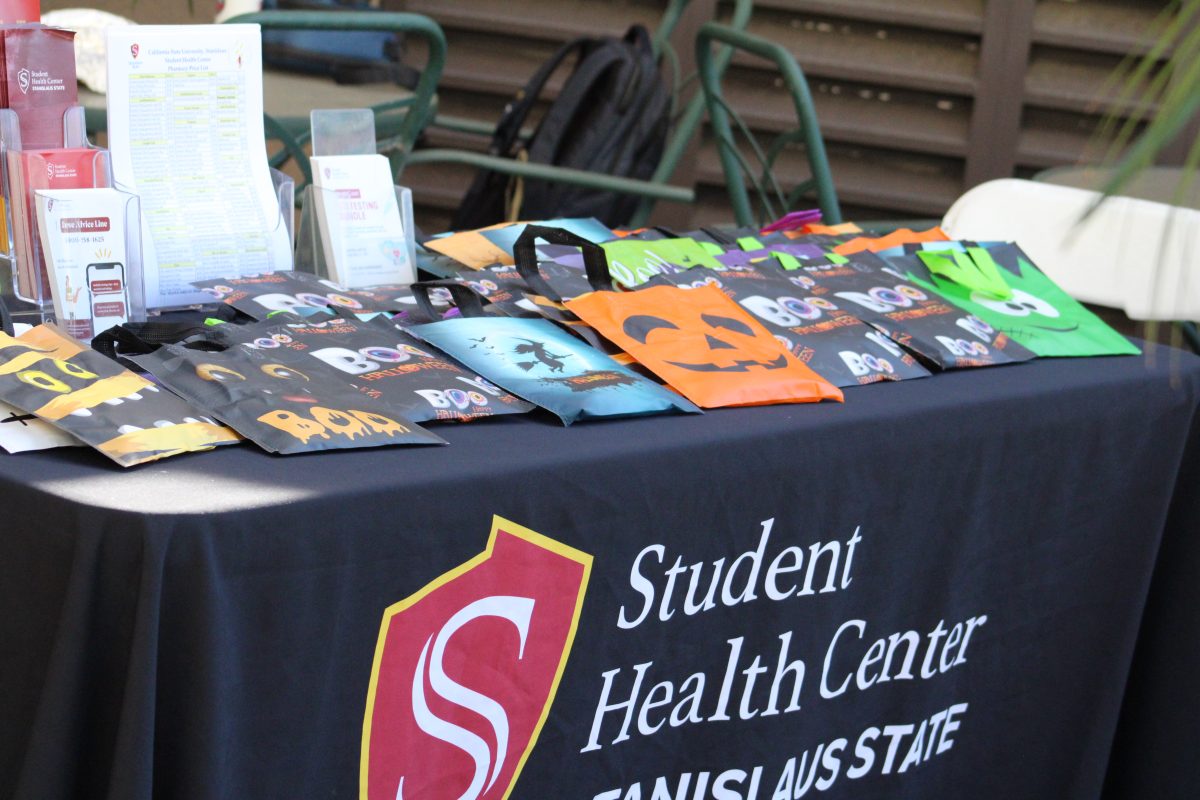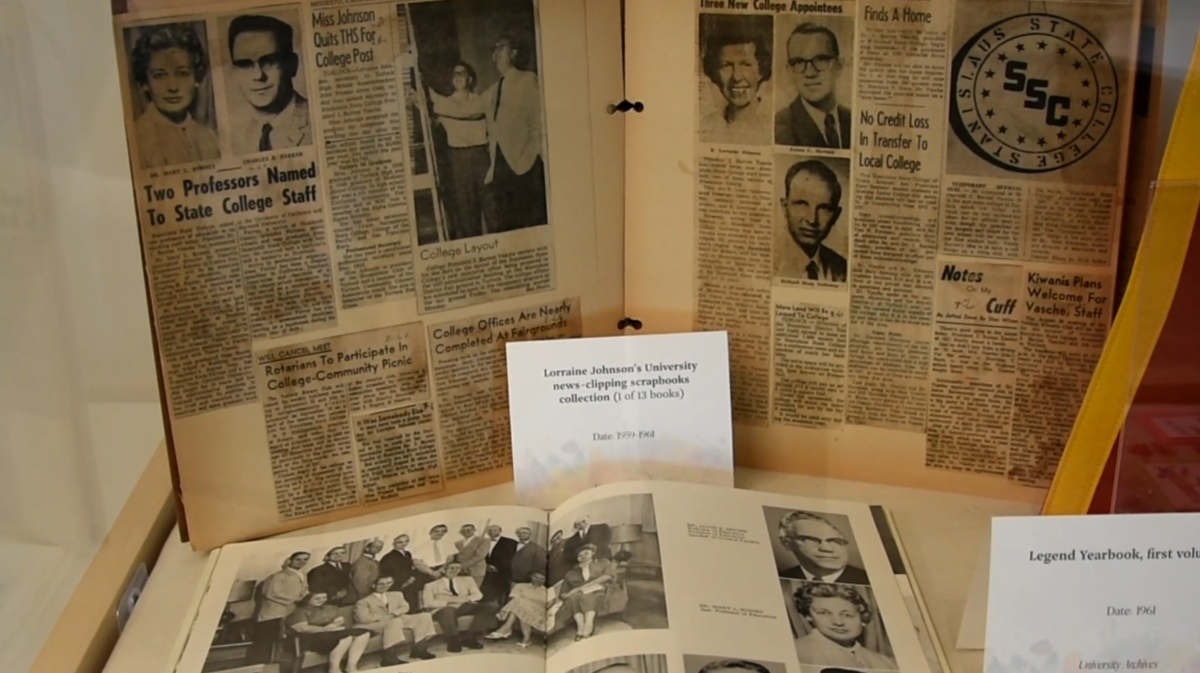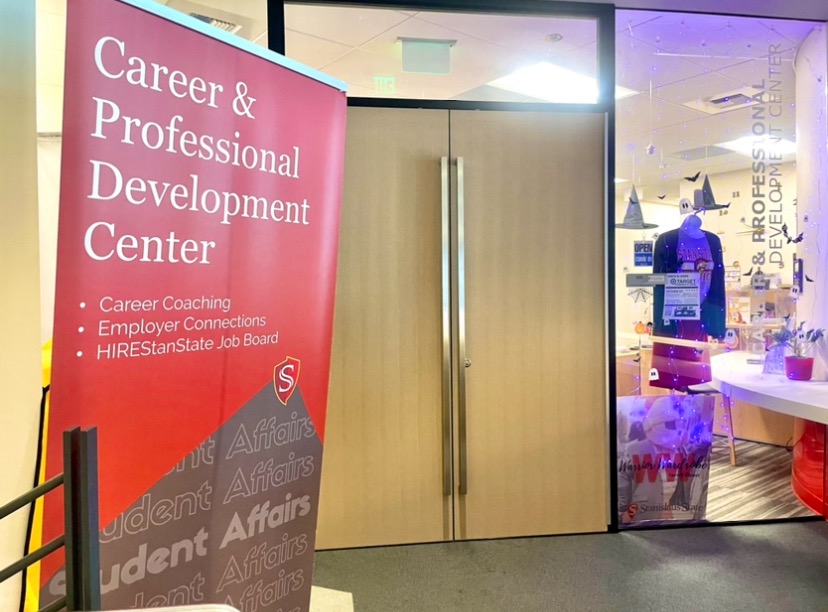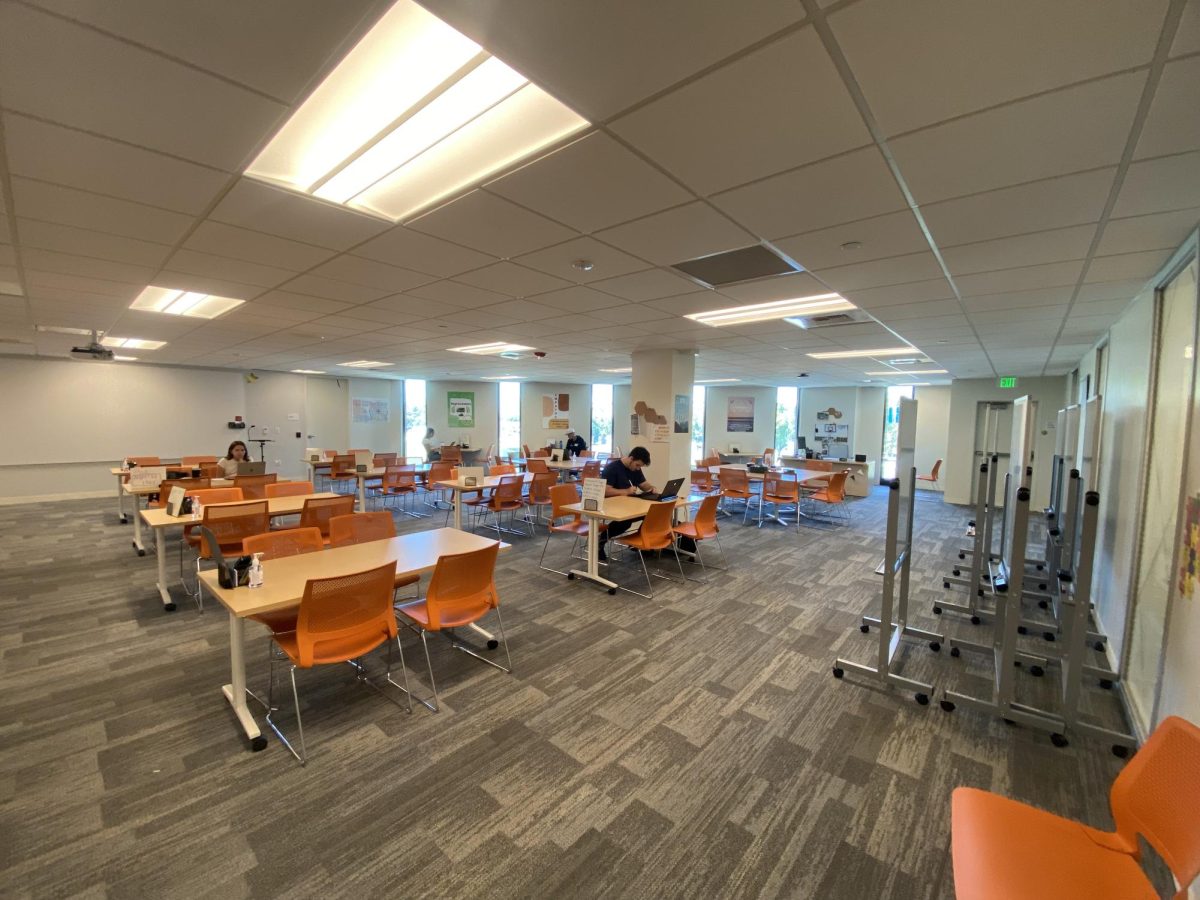In the wake of the CSU Board of Trustees’ decision to raise tuition fees 6% next Fall, the faculty at the Academic Senate shared their concerns about the future of CSU Stanislaus.
Condemning Tuition Raises and the CSU Administration’s Communications Regarding Bargaining
During the September 19th, 2023 session, CSU Stanislaus faculty expressed their frustration and dismay with the recent actions of CSU administration such as raising tuition across all of their campuses and attempting to persuade the public to disrupt the ongoing labor negotiations.
As the senate’s California Faculty Association’s representative, Dr. Brian Colnic was responsible for voicing these concerns.
“Our campus and many other campuses have the great pride of publicizing that we give the bang for your buck […] I don’t believe the tuition increase was needed, and I’m disappointed that it passed,” Dr. Colnic said.
Concerning the possible strike and union negotiations, Colnic reported that management and faculty were in the midst of confidential meetings and had not yet come to an agreement. They are seeking a neutral fact-finder to hire before proceeding, which will take several weeks.
Despite the clandestine nature of negotiations, the Chancellor’s Office announced to the public that the cost of the teachers’ demands would result in layoffs and a reduced number of course options–an act which a guest at the meeting, Dr. Ann Strahm, condemned as a “bullying tactic.”
As such, the Academic Senate passed a resolution opposing the communications coming out of the CSU administration. This is a Sense of the Senate resolution, and therefore does not need to be signed by the campus president.
Dr. Colnic also noted that despite the CSU’s apparent lack of funds, they were able to hire a new chancellor who was given a raise from the previous one, with their total compensation starting at nearly one million dollars a year.
In the midst of the otherwise weighty topics, the faculty expressed their well wishes to Destiny Suarez, who will be resigning from her job as ASI President. Suarez appeared to be well-liked by the attendees, and leaves her position in the hands of Adrian Sanchez, the current Vice President.
Despite her upcoming departure, Suarez vowed that ASI would “continue the fight for equality, equity [and] figure out how to move forward with this upcoming financial burden.”
Changing GE Requirements
Faculty were also alarmed by the proposed statewide plan to alter GE requirements and graduation pathways. The chancellor’s office assured faculty that this transfer pathway was separate from anything local happening on their campus.
Dr. Dana Nakano spoke for the faculty, saying they “saw the writing on the wall” and that attempts to push this new pathway through were a “sleight of hand from the chancellor’s office” that would likely affect the already-established transfer pathways and GE requirements.
“Before they were staunchly telling us that this would not affect things,” said Dr. Nakano.
However, this was apparently not the case, although details about how the new requirements would conflict with CSU Stanislaus’s local requirements were not clear at the meeting.
Navigating Distance Learning and In-Person Classes
Cassandra Drake spoke on behalf of the Academic Technology and Learning Committee (ATLC) and reported efforts to set up a working group to be compliant to report to the Federal Government, as well as updating their policies regarding ethical uses of technology.
Steps were also being taken to decide which classes were best taught asynchronously, and which were best taught in person, and to establish protocol for teachers.
Navigating the Calendar and the Courses Stretched Out Over It
Monday may be the most universally hated day of the week, but teachers at today’s Academic Senate couldn’t get enough of it.
Teachers and faculty debated the best way to handle the challenge of adjusting courses to compensate for the hours lost to observe Thanksgiving and Veteran’s Day in the 2024-25 academic year: a task which Dr. Betsy Eudey, a teacher of Women’s and Gender Studies, declared “a nightmare” when handled improperly.
With the current calendar proposal for the 2024-25 academic year, there would only be 13 Mondays in Fall and 14 Mondays in Spring, while every other weekday has 15 instructional days in both semesters.
There was much discussion about how the lost hours could be compensated for. The University Education Policies Committee (UEPC)’s Chair, Dr. Koni Stone, insisted there was “no ethusiasm” from the UEPC to make the Monday of Thanksgiving week an instructional day or having another day of the week have a Monday schedule.
Therefore, the senate couldn’t find a solution and the UEPC will continue considering adjustments to the calendar.
Dr. Koni Stone also presented resolution to include “stretch” courses–courses that are stretched out into two semesters that teach what’s known as “basic skills” in writing, public speaking, and mathematics–in offering the same unique grading option to students as their single semester counterparts.
These “Golden Four” classes give students the option to opt into a grading system with slightly different scores: A, B, C, C-, and No Credit (NC).
Other Items of Note
Faculty Budget Advisory Council Chair Dr. Andrew Gardener noted a $1.6 million drop in funds raised tuition due to slight under-enrollment compared to Spring
Faculty Affairs Committee Chair Dr. Nakano noted issues with lecturer contracts concerning their service, monetary compensation, and voting rights.
Grad Council Chair Dr. Kimy Liu brought up zero unit courses (7005-7006) and plans to reassess their workload and learning goals.
Categories:
Academic Senate: Teachers and Faculty Push for Equity, Unity, and More Mondays
The Academic Senate prepares for its hybrid meeting in room 102 of the Vasche Library. (Signal Photo/Nix Carbone-Deep)
0
Donate to Signal
Your donation will support the student journalists of California State University, Stanislaus. Your contribution will allow us to purchase equipment and cover our annual website hosting costs.
More to Discover
About the Contributor
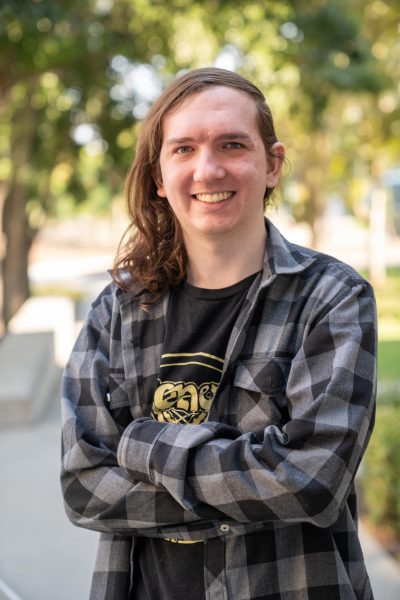
Nix Carbone-Deep, Lead Editor
Year: Graduate Student
Major: English
I love controversy and drama. Whenever something contentious or emotionally-charged pops up on-campus or in the wider political sphere, you can expect me to be there to cover it. I've reported on abortion access, labor disputes, CSU Board of Trustees' decisions, federal court rulings, and more. However, I'm always most interested in how decisions like these, or sometimes even political indecision, affects everyday people and aim to shed light on their experiences. I'm into video games, tabletop roleplaying games, reading all kinds of genres (classic and contemporary novels, Renaissance drama, political theory, etc.), horror films, and history (political revolutions and the history of the sciences especially).


